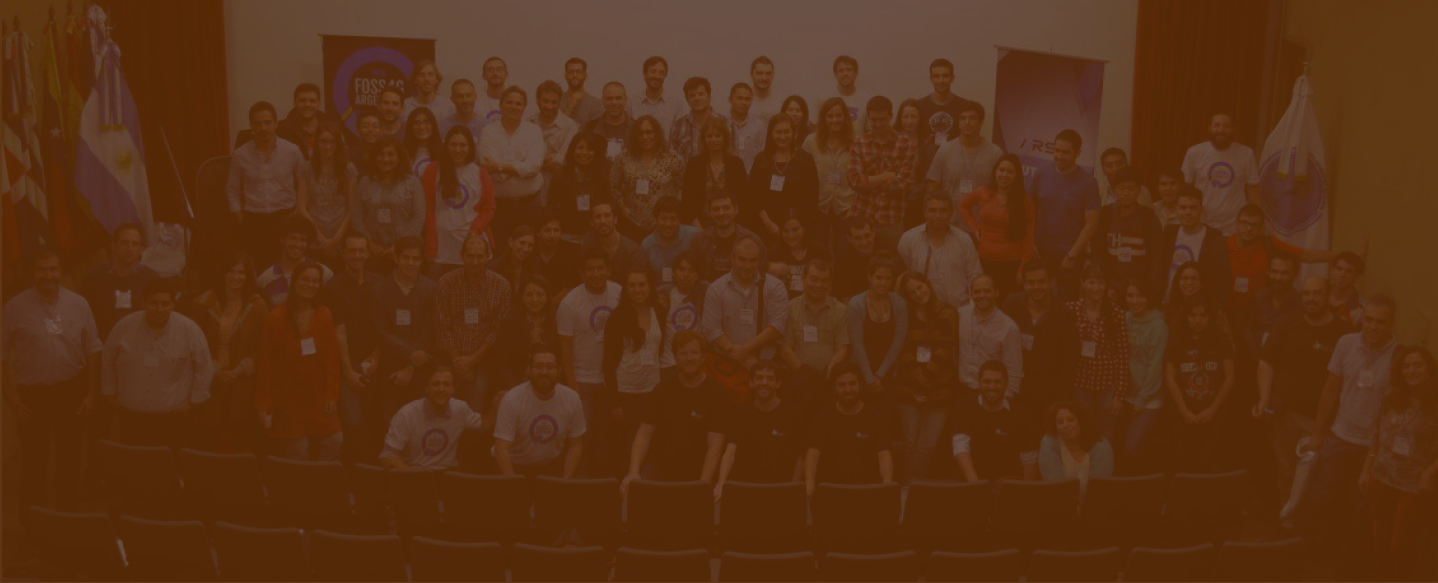2021-10-01, 08:00–08:30, Academic
Urbanisation challenges Africa’s young labour force, which needs to be skilled to solve problems caused by unplanned urbanisation. This is a major opportunity for African universities and their students’ future employment. However, young, graduated experts need to be able to steer urbanisation to sustainable trajectories with digital skills of geospatial data and technologies, which enable urban transformation. Understanding and addressing this challenge requires innovative, open, and dynamic data collection processes that support management of urban growth, disaster risk and emergency response. At the same time, successful activities are contingent on local capacity to develop accurate, up-to-date information that can support real-time decision making, affect long-term policy and planning, and develop tools to translate data into meaningful action.
The Resilience Academy is a university partnership program in Tanzania, focusing on geospatial skills and knowledge transfer for improved urban resilience. Resilience Academy uses tools and technologies, which are open, affordable and locally adaptable, such as drone images, smartphones and open-source software. New geospatial data and knowledge is created through community mapping methods aiming for improved spatial planning and risk management.
One of the key activities of the Resilience Academy is students’ placement to mass-internships for a period of 8-12 weeks. Student internship model of the Resilience Academy is designed to work with the local organisations to conduct geospatial data collection campaigns based on the use of various open source data and tools combined with community mapping and digital online working. Simultaneously, students’ exposure to practical training during the internship provides them with relevant applied geospatial skills, which increase their future employment opportunities and participation in informed decision-making.
Msilikale Msilanga (1) Department of Geography and Geology, University of Turku (UTU), Finland
Niina Käyhkö (2) Department of Geography and Geology, University of Turku (UTU), Finland
Mercy Mbise (3) College of ICT, University of Dar es Salaam (UDSM), Tanzania
Zakaria Ngereja (4) Department of Geospatial Sciences and Technology, Ardhi University (ARU), Tanzania
Makame O. Makame (5) Department of Social Sciences, State University of Zanzibar (SUZA), Tanzania
Ernest Mauya (6), Department of Forest Engineering and Wood Science, Sokoine University of Agriculture (SUA), Tanzania
Academic
Topic –Academic
Level –2 - Basic. General basic knowledge is required.
Language of the Presentation –English

